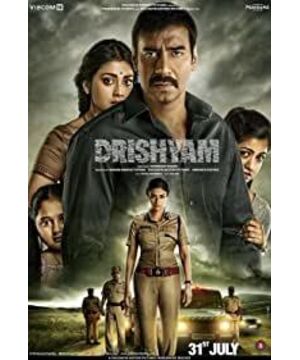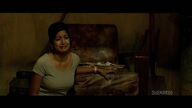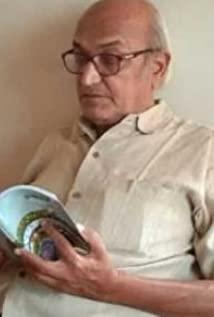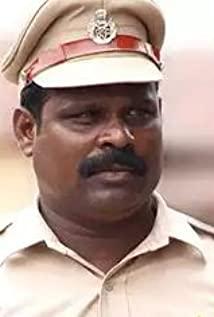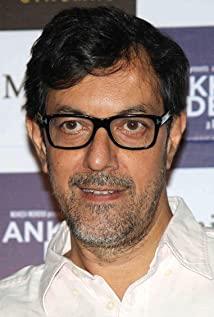Indian suspense films are often set in small towns, and small-town crime is also a special type of detective genre. The reason for choosing this kind of space is actually no different from the secret room. It is all based on certain preconditions and conditions. For example, the town is less modernized and lacks the support of advanced technology. The police are often unable to do anything. It provides the possibility for the protagonist to deal with the police. If you switch to a developed area, the male protagonist will basically be killed in seconds, not to mention other tricks, driving the victim's car "streaking" on the road, and taking a picture of a face with the camera and Tianyan is a breeze. When the male protagonist drove to the city, wasn't there a camera to capture his whereabouts? The only plausible explanation: In India, such devices are not yet widespread, and the innate inadequacy of this technology is actually a key factor, as is the case in another film, "Charm Killer."
In the absence of technology, the police can only rely on eyewitnesses, which turns to another issue. The film is actually called "Drishyam", which means "vision". Seeing is believing, this is a common saying, but is seeing really believing? Confucius once suspected Yan Yuan of stealing food. Everyone knows this story. The Master finally sighed: "What we believe is the eye, but the eye is not trustworthy; what we rely on is the heart, but the heart is not enough." What we see and our inner judgments may not be reliable. Many things may be what others want us to see. Through a splicing of time and space, we have inaccurate impressions. The male protagonist takes full advantage of this, stitching people's visual impressions with different dates, and then reinforces people's misjudgments through misleading and reminding, and finally makes them witnesses in their favor, and more importantly. Yes, they do not feel they are perjuring themselves. But it is quite ironic that the policeman Gaytonde, who has always been at odds with Vijay, witnessed the former driving the victim's yellow car away with his own eyes. "But in the end no one believed him.
The above are technical issues, but the film actually involves family ethics. From a legal point of view, what Vijay did was definitely wrong, but from a family point of view, what he did was normal. This is the conflict between law and emotion, but "law does not have mercy" is also a commonplace. In order to find a rational basis for Vijay's actions, the police and the victims must be pushed in the direction of injustice. In the film, most of the police officers are parasites with their brains full of fat, running rampant in the countryside, eating cards, and being hated by the local people to gnash their teeth. Maybe the film also criticizes the social reality in some parts of India; and the victim is a fool A typical image of a child, using the power and money in the family to deceive men and women, and do the deeds of conscience and reap the consequences. Under such a premise, the audience seems to feel that there is nothing wrong with Vijay's actions. If the judicial system cannot maintain justice, then people do not have to abide by legal principles to act and act. Laws that cannot uphold justice have become tools of violence by the powerful. , just like Guy Tongde can beat suspects at will in the name of handling the case, even the little girl. In the end, when the wits and courage meet as parents, Vijay vaguely expresses Sam's ending and his apology. As a parent, he sympathizes with each other and can experience the pain of losing a child. Leaving the judicial track, but using the common denominator of family to communicate.
The film has many unexpected twists, including the final burial of the body under a police station, where darkness is perhaps the safest. However, as mentioned above, these are all based on the premise of lack of advanced technology. In places like police stations, self-inspection should be the norm. With the advancement of detection equipment, some situations will always be found. By then, Vijay is afraid that he will face new problems. However, watching movies is also a kind of learning, and Vijay may be able to find new ways of coping with movies that dabble in high-tech genres. And what he urgently needs to solve is the psychological trauma of family members, which will follow the family like shadows, not to avoid judicial trials and to sit back and relax.
View more about Drishyam reviews


